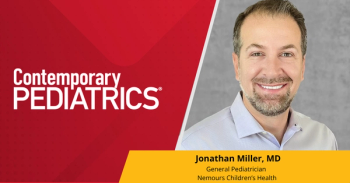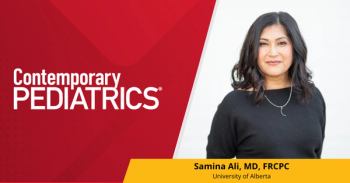
Cancer prevalence higher for children with thyroid nodules than for adults
In pediatric patients with ultrasonographically confirmed thyroid nodules 1 cm or greater, cancer prevalence rates are higher than those in adults with such nodules, Boston researchers have shown. The rate of cancer in these children is 22% versus 14% for adults, a statistically significant 1.6-fold higher risk (P=.02). Most children with suspected nodules, however, are determined to have benign conditions.
Researchers evaluated presenting features and cancer risk of sporadic childhood thyroid nodules in 300 children. Serum thyroid-stimulating hormone levels were evaluated in those who had suspected nodules, with patients identified as hypothyrotropinemic undergoing 123I scintigraphy. The remaining patients had thyroid ultrasonography followed by ultrasound-guided fine-needle aspiration if nodules 1 cm or greater were confirmed. Thyroid biopsy was subsequently performed without complication in 125 children. The pediatric data were compared with that of 2,582 adult controls who had been identified using similar methods.
Scintigraphy identified 17 children with autonomous nodules. Biopsy was deemed unnecessary in more than half of the remaining 283 children who underwent neck ultrasonography; in these cases, no discrete nodule or only nodules under 1 cm were present. In all, 28 children were diagnosed with thyroid cancer.
Gupta A, Ly S, Castroneves LA, et al. FullA standardized assessment of thyroid nodules in children confirms higher cancer prevalence than in adults. J Clin Endocrinol Metab. 2013. Epub ahead of print.
Newsletter
Access practical, evidence-based guidance to support better care for our youngest patients. Join our email list for the latest clinical updates.








